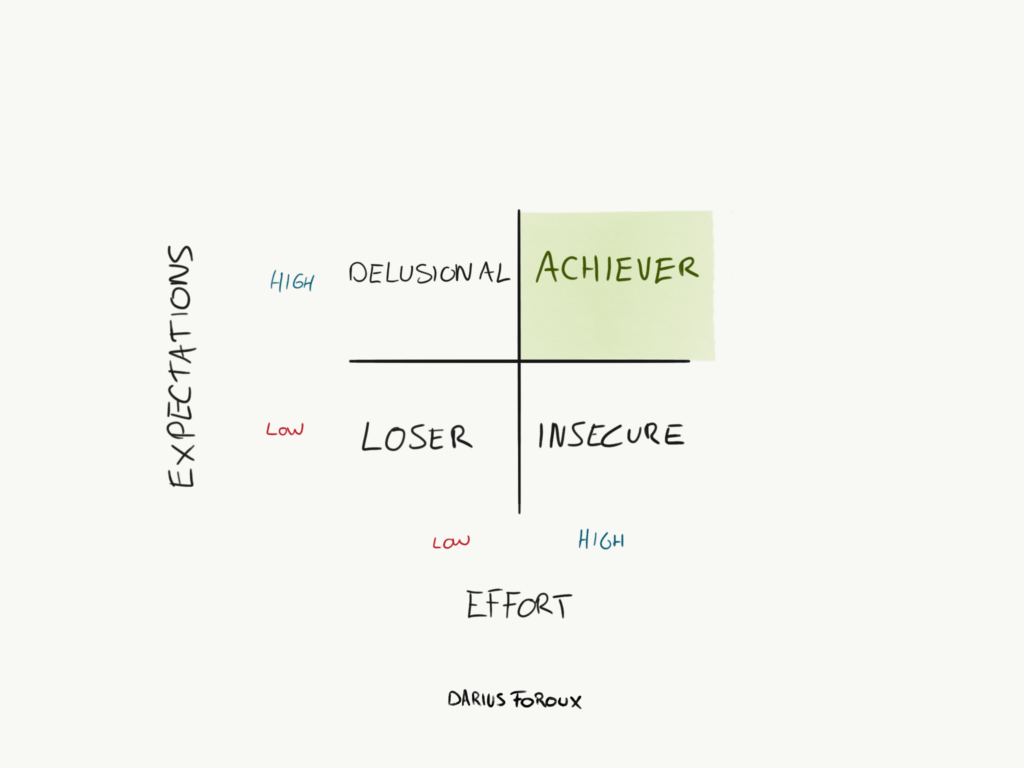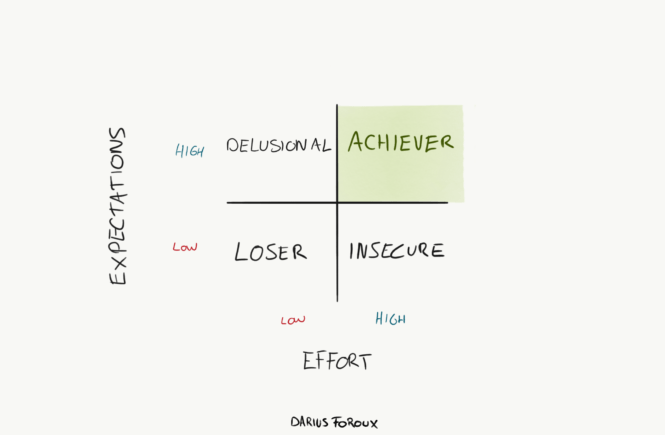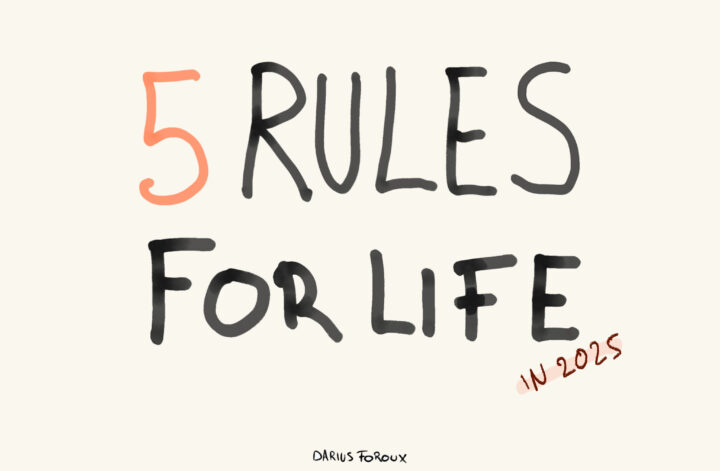I like the basic idea behind the law of attraction. It says that your thoughts determine the outcome of your life. It reminds me of what one my favorite thinkers, Ralph Waldo Emerson, once said: “You become what you think about all day long.”
He’s not the only one who said something similar. The Stoic philosopher and emperor, Marcus Aurelius, said the same thing about 1800 years earlier: “Your life is what your thoughts make it.”
You can’t disagree with that statement. The quality of our thoughts determines the outcome of our lives. Even Eastern philosophy agrees. The Buddha said: “Whatever a monk keeps pursuing with his thinking and pondering, that becomes the inclination of his awareness.”
There’s no denying that our thoughts influence our actions. But it seems like the law of attraction (LOA) movement puts too much weight on the believing part—and less on the actions part.
True Is What Works
Out of all the philosophies and belief systems, I can relate most to the Pragmatist movement that started with William James and Charles Sanders Peirce. The foundation of Pragmatism is based on the idea that truth is what works. If something works for some people, you cannot say it’s not true despite a lack of proof.
For many people, LOA is like religion. That’s fine. If that thinking method works for you, why would you change it? In fact, you don’t need to read this article because I’m not sharing anything new about the principle. I’ve read several books that talk about LOA. I even enjoyed some of them.
The Science Of Getting Rich by Wallace Wattles is my favorite. The book puts you in an abundance mindset. And that’s great. But for me, it doesn’t do anything more than that. Thinking that you can do something and actually doing it are different things to me.
The LOA movement disagrees. They say you shouldn’t be concerned with taking action. Instead, go through life as if you already achieved your goals. There’s no need to act, they say. Believing is enough.
My biggest issue with LOA is that it primarily focuses on materialistic wealth. Every few years, the movement makes a resurgence. And around 2015/2016, I noticed a lot of people talking about it in my environment. Some people even quit their jobs. But when I see them now, nothing has changed about their lives. That’s why I’m writing this article. If LOA didn’t work for you, it’s not true.
Thoughts Should Serve A Purpose
If you think that you already accomplished your goal, what’s the purpose of that way of thinking? What’s your end goal? Do you want to live in an imaginary world? Or do you actually want to have a good life?
I get the whole idea of LOA. They assume that thoughts automatically lead to positive actions. But that’s a classic thinking error. Nothing happens by itself.
But at the same time, if you don’t think you can do something, you probably never start. The good thing about LOA is that the basic idea is solid. But you also must act. And action can come in different ways.
For Buddhists, action is actually non-action. Their form of acting is meditating. In other words: They sit still and observe their thoughts. They let go of desire. That last part is also true for the Stoics.
If you’re always thinking about your desires, your thoughts can serve a negative purpose. Ever considered that? Because what happens if you get what you don’t want? You get disappointed. That’s what happened to all those people who started with the LOA and didn’t see any changes. “But they did it wrong!” Yeah right, it’s the person’s fault.
Of course not. When things go wrong in life, it’s not your fault. There’s often something wrong with your thinking method. By changing your way of thinking, you can change your life.
There’s A Fine Line Between Delusion and Achievement
The way I look at it, we all can place ourselves in any one of these four categories, depending on your belief system:

- Loser: A person who is negative and also never acts.
- Insecure: A person who acts but doesn’t believe they can achieve things.
- Delusional: A person who believes they can achieve anything but doesn’t act accordingly.
- Achiever: A person who believes they can do it and also does it.
To me, a Monk who tries to master their inner game is also an achiever. If you believe you can master yourself and also actually work on it, that’s the textbook definition of achievement.
You accomplish what you set out to do, or at least, you’re diligently working towards your goal. But under no circumstance must you settle with mere belief—it’s useless by itself. In fact, delusion only works against you.
The people who are successful by following LOA are all people who took action. That’s always the foundation of all good things in life. It doesn’t matter how you spin it, if you don’t take action, there will never be any outcome whatsoever.
So when we set out to achieve something, we must believe in it, and then spend all our energy on executing those thoughts—not just thinking them.




